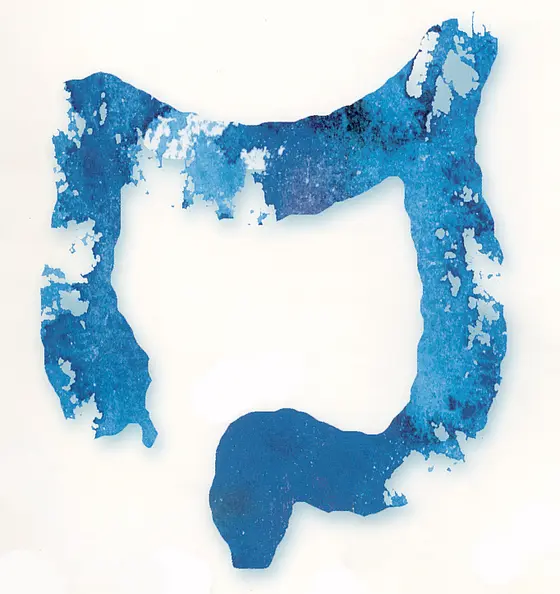Colon cancer develops slowly. Precancerous lesions usually need many years to turn into a dangerous carcinoma. They are well detectable in an endoscopic examination of the colon called colonoscopy and can be removed during the same examination. Therefore, regular screening can prevent colon cancer much better than other types of cancer. Since 2002, colonoscopy is part of the national statutory cancer screening program in Germany for all insured persons aged 55 or older.
However, only one fifth of those eligible actually make use of the screening program. The reasons for this are manifold including fear of a frightening diagnosis and fear of a potentially unpleasant examination which can also lead to complications.
“For an examination offered to large portions of the population, the question of safety is of central importance. Therefore, it is equally important that physicians and public health experts are very well informed about the risks of complications," says Professor Hermann Brenner of DKFZ. “Only then can they profoundly evaluate chances and risks of a colonoscopy with their patients." Brenner, a prevention expert, analyzed the actual incidence of serious side effects during colonoscopy examinations in Germany.
In the study now published, intestinal bleeding requiring hospitalization occurred after no more than about five in 10,000 colonoscopies. Injuries to the intestinal wall were also very rare, with an incidence of less than one case in 1,000 exams. Deaths and non-local complications such as strokes or myocardial infarctions were not more frequent in the colonoscopy group than in the control group.
Thus, the complication rate is in a range which the prevention experts expected and consider being justifiable in view of the much greater benefit of screening. “The rare serious local complications usually only occur when a large polyp is detected and removed during a colonoscopy," says Hermann Brenner. “But these are the cases where patients profit most from colonoscopy, which may have saved their lives."
Christian Stock, first author of the study, and his colleagues from Brenner’s team evaluated the data of over 30,000 individuals insured with the German statutory health insurance AOK who had undergone outpatient colonoscopy between 2001 and 2008 either for screening purposes or because of medical indications. The control group of the same size consisted of insured persons who had not had a screening test. The researchers analyzed the incidence of serious adverse events such as intestinal wall injuries, intestinal bleeding requiring hospitalization, myocardial infarction and stroke as well as mortality. They looked at a time period of 30 days following the colonoscopy in order to also include possible late effects.
In Germany, approximately 65,000 people are newly diagnosed with colorectal cancer every year; 26,000 people succumbed to the disease in 2010. Colon cancer is the second most common cancer in both men and women and the second most common cause of cancer-related death. Hermann Brenner concludes: “If more people made use of colorectal cancer screening tests, half of these new cases and deaths could be avoided."
Christian Stock, Peter Ihle, Andreas Sieg, Ingrid Schubert, Michael Hoffmeister and Hermann Brenner: Adverse Events requiring hospitalization within 30 days after outpatient screening and nonscreening colonoscopies. Gastrointestinal Endoscopy 2013, DOI: 10.1016/j.gie.2012.10.028



